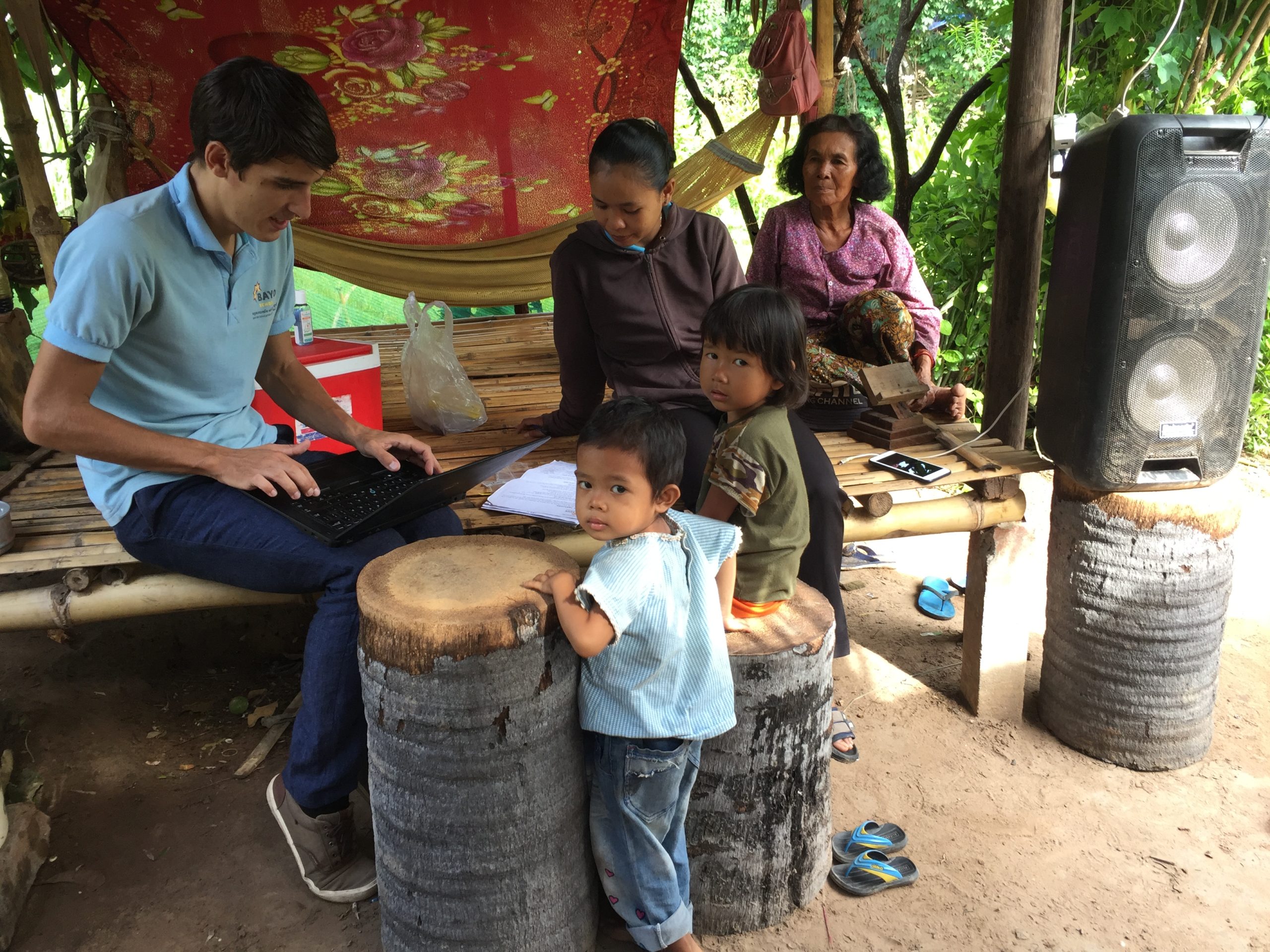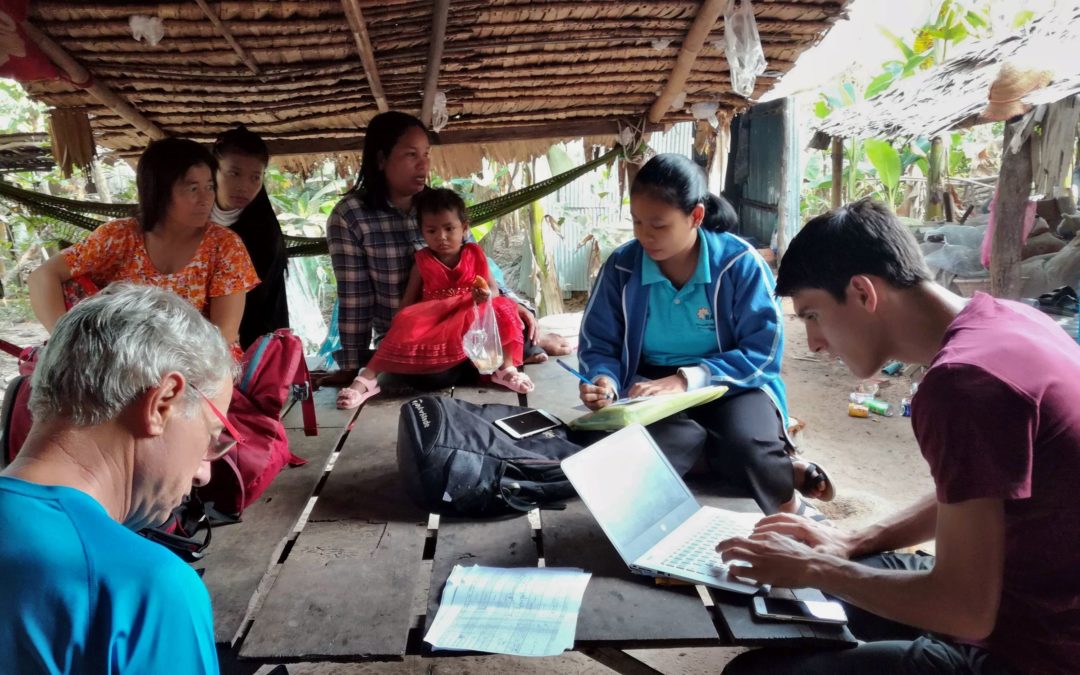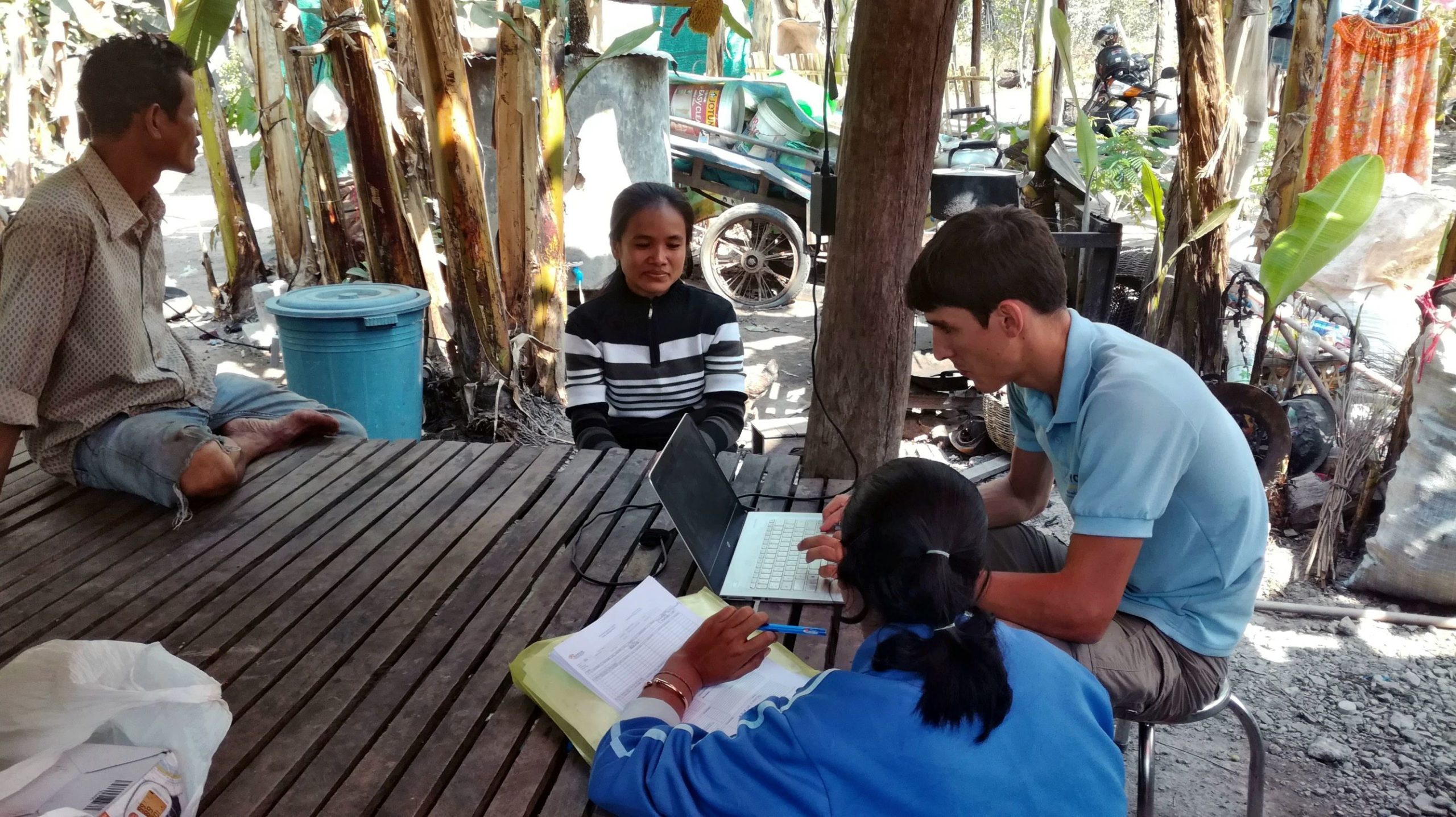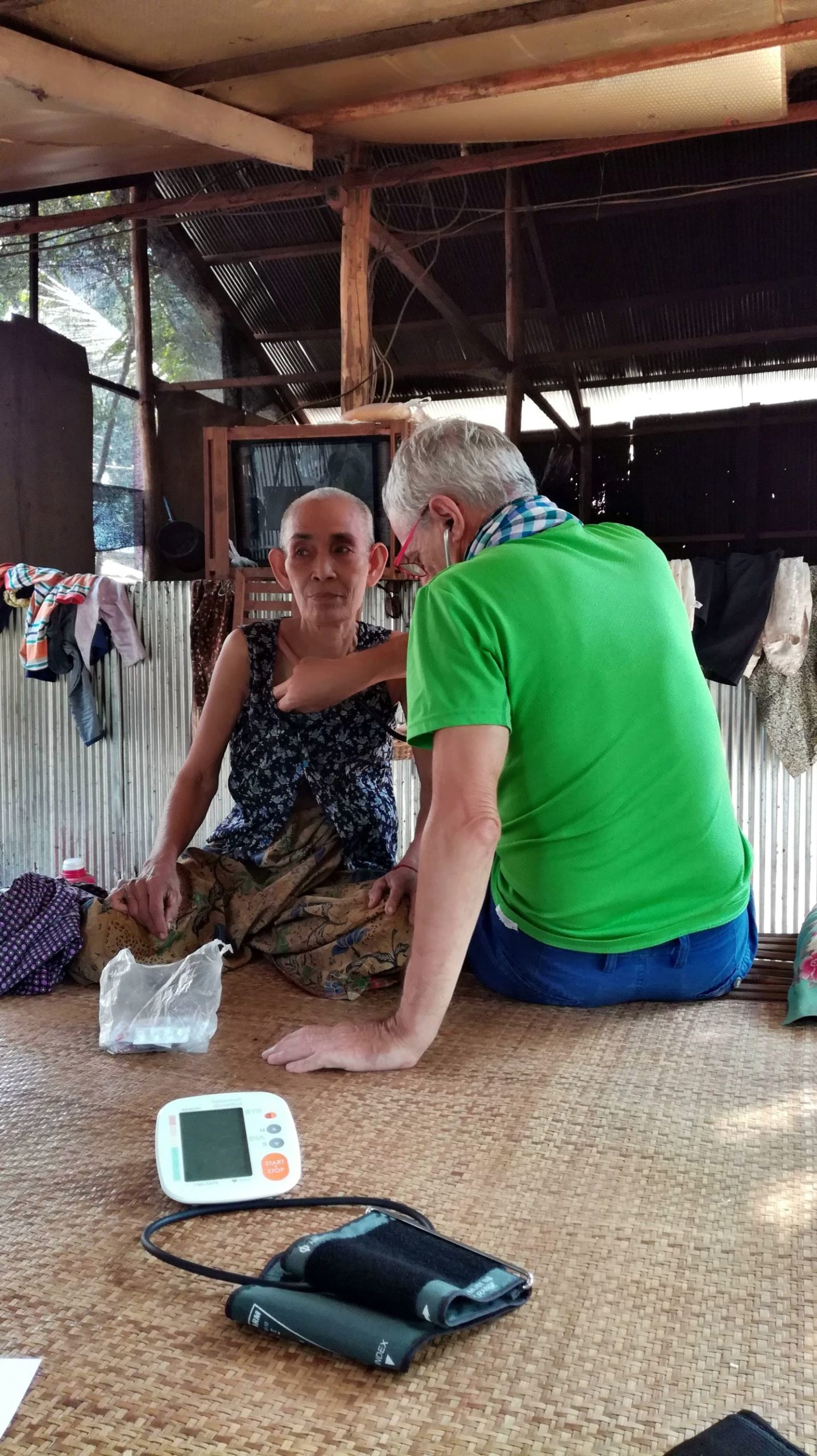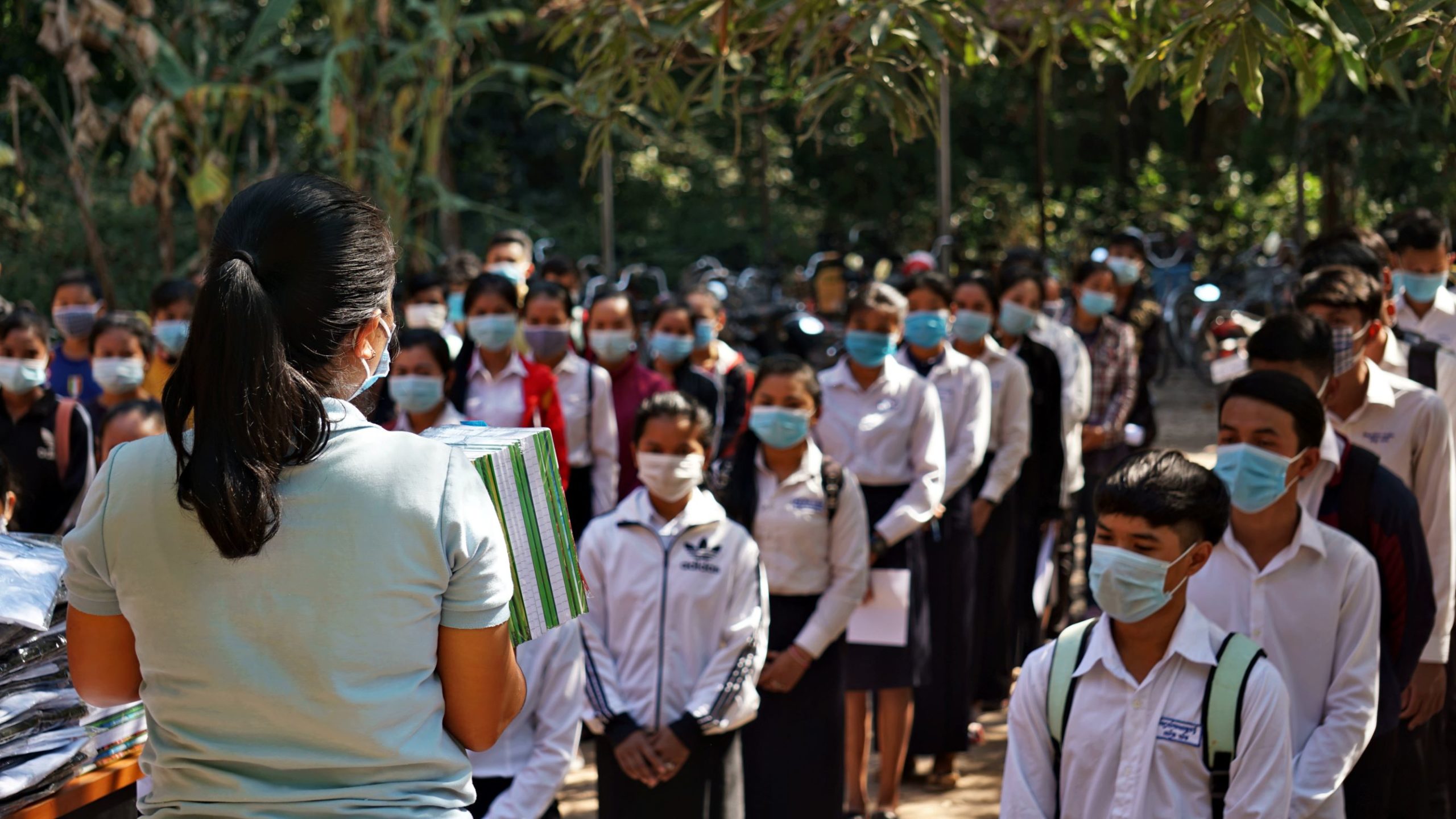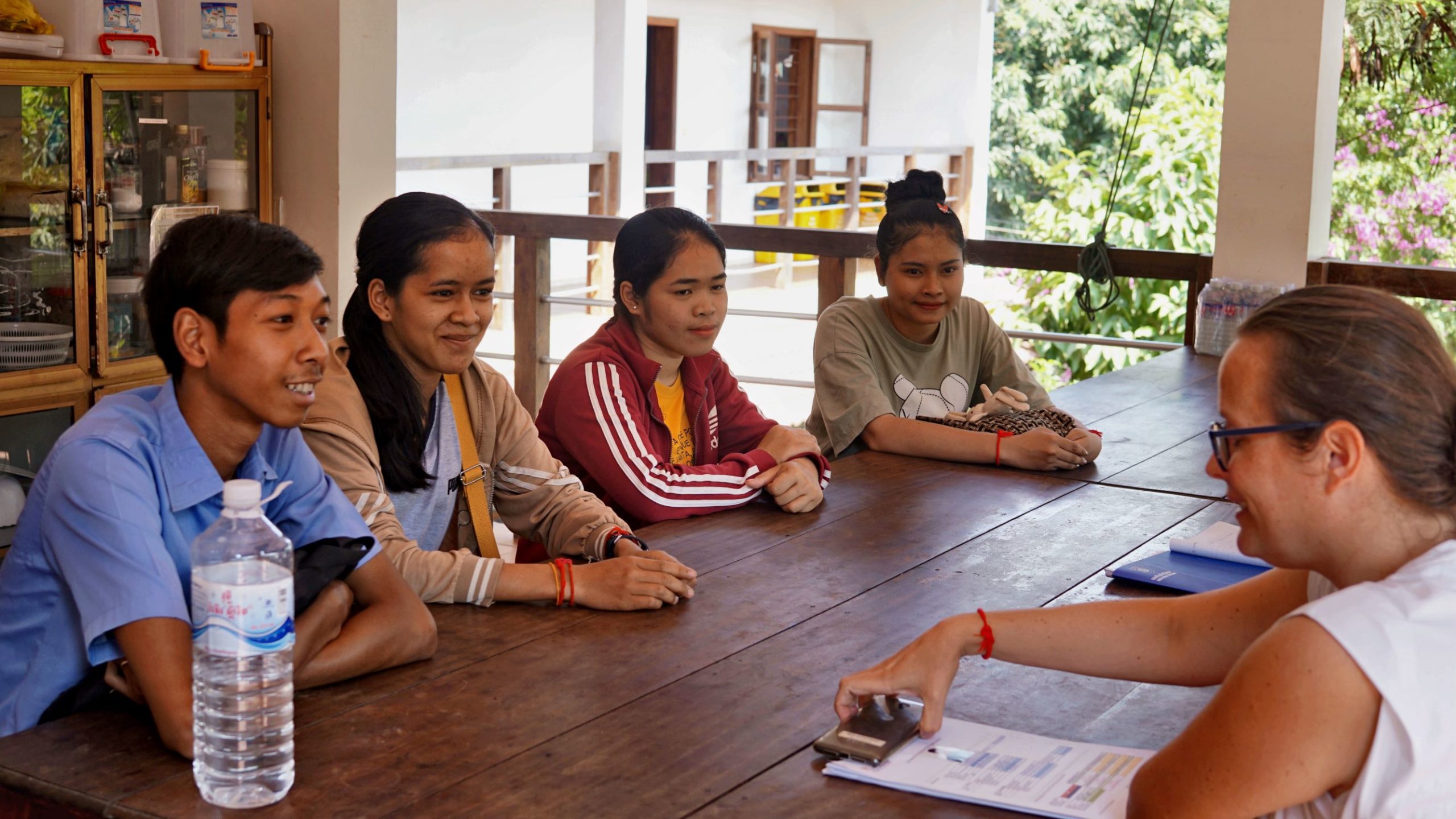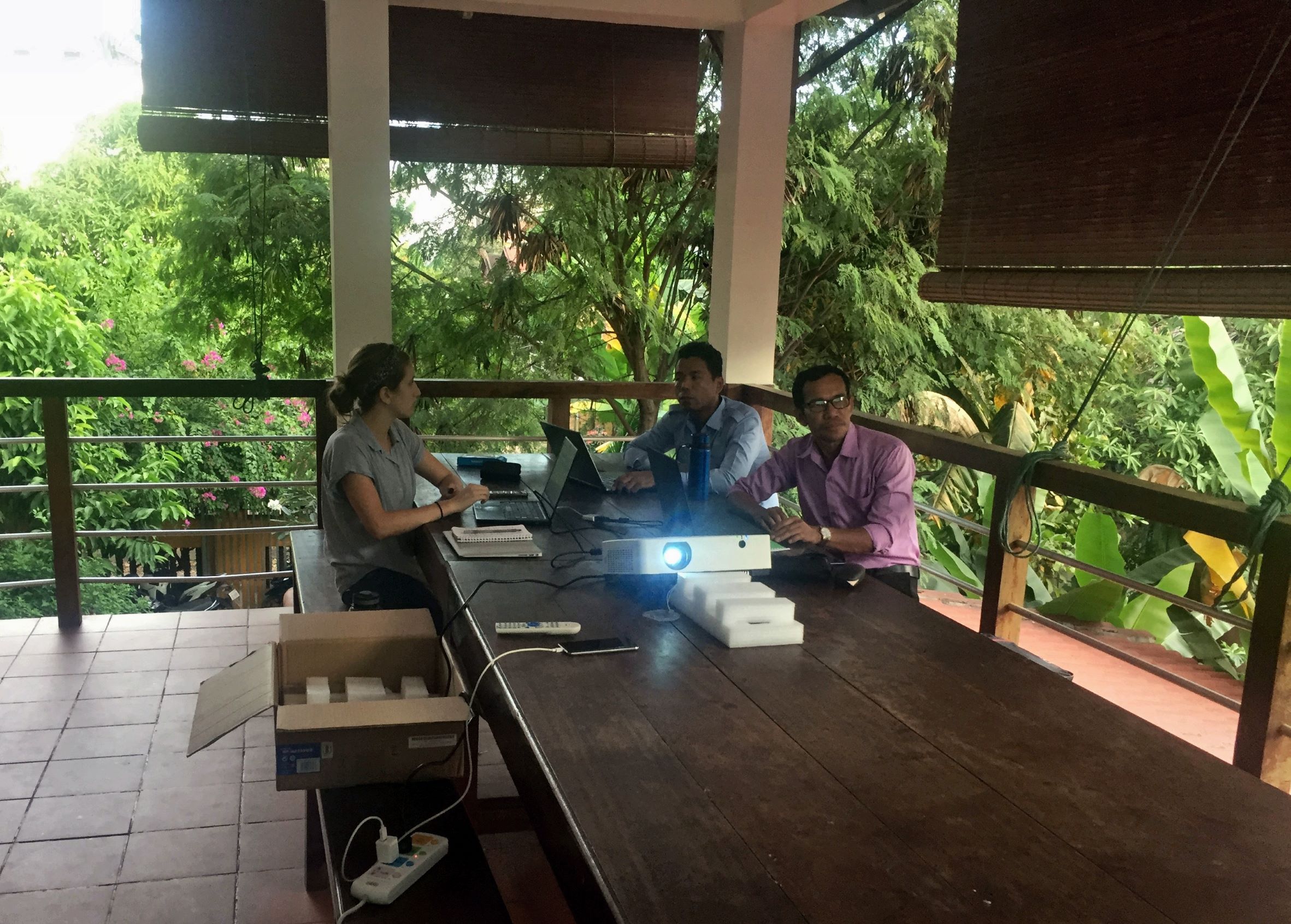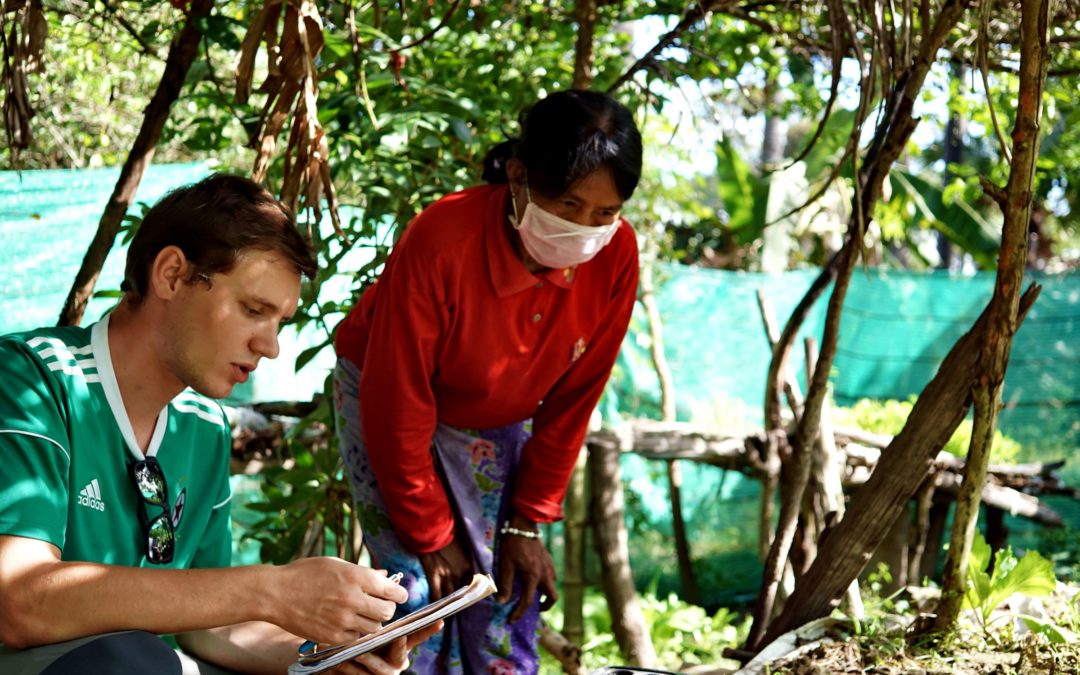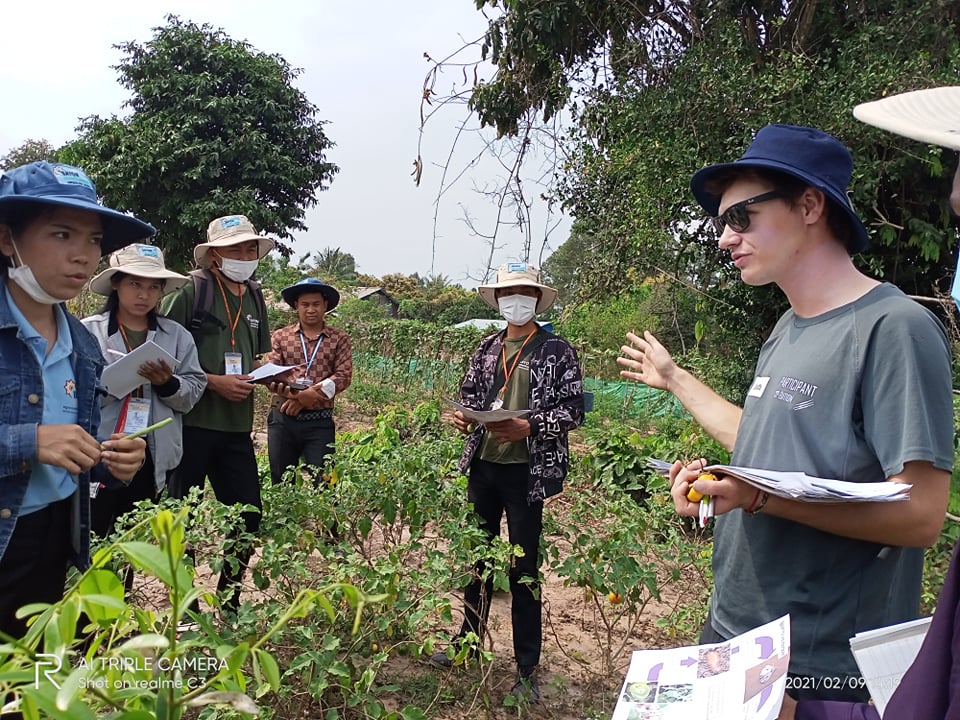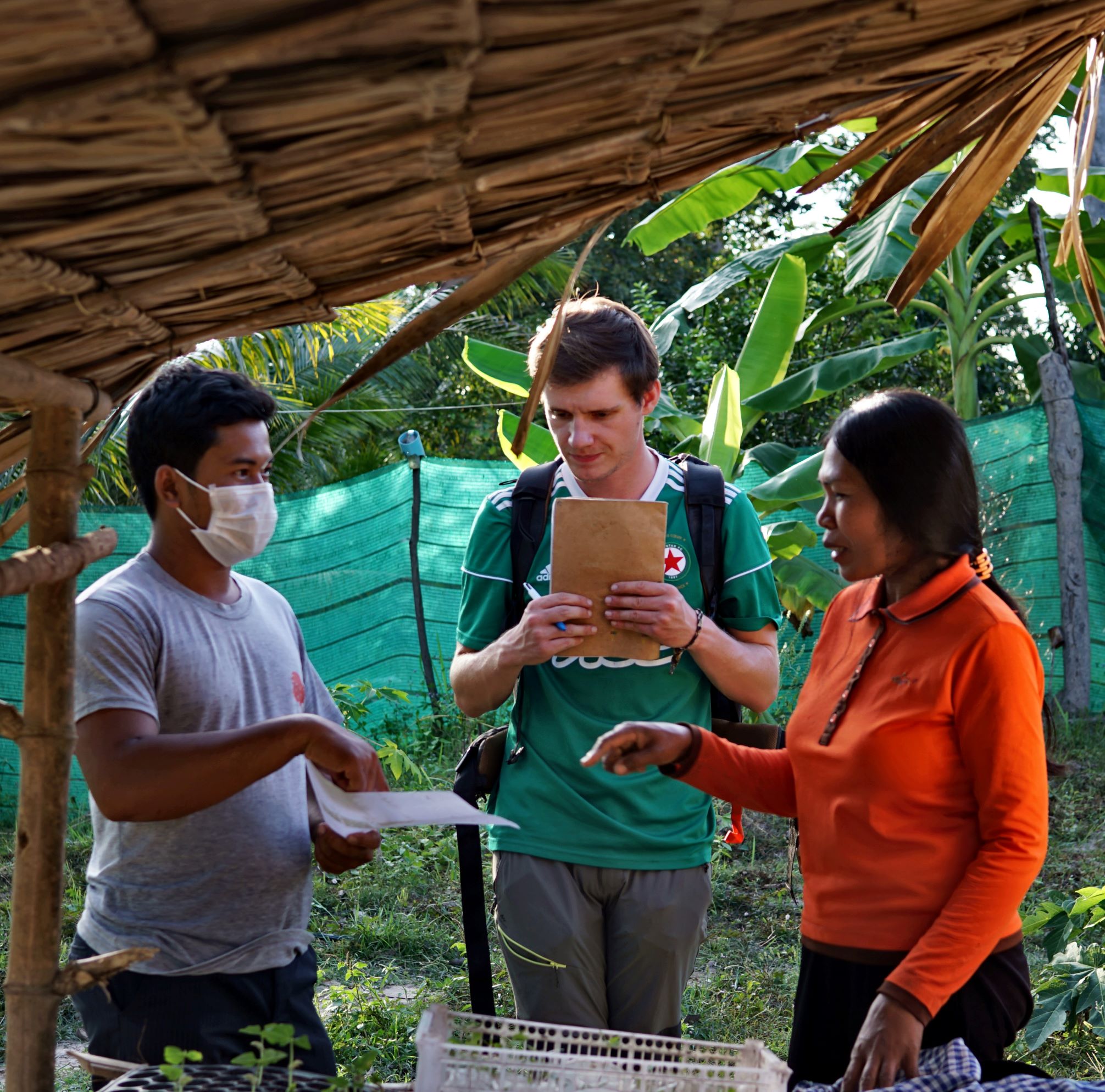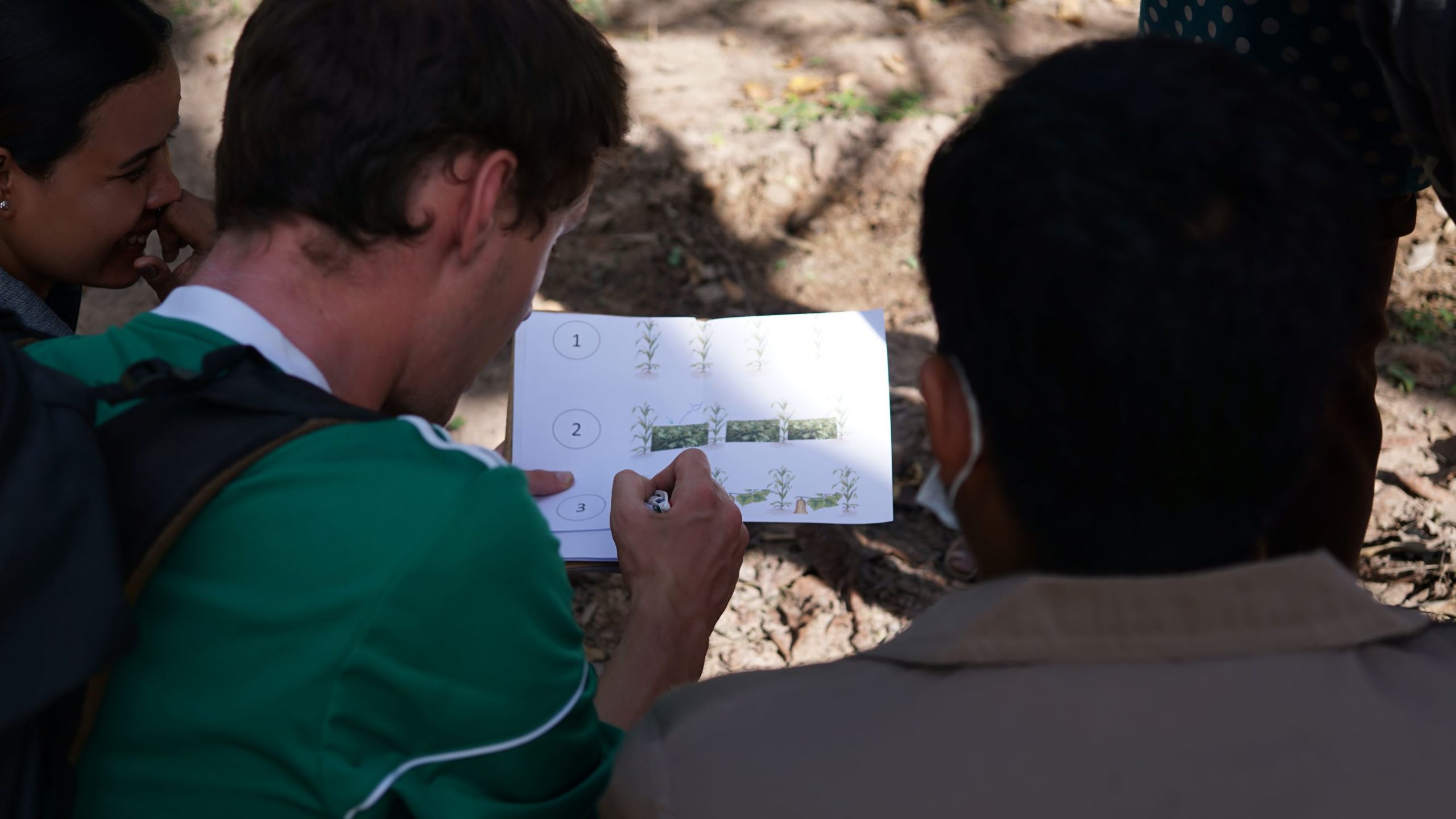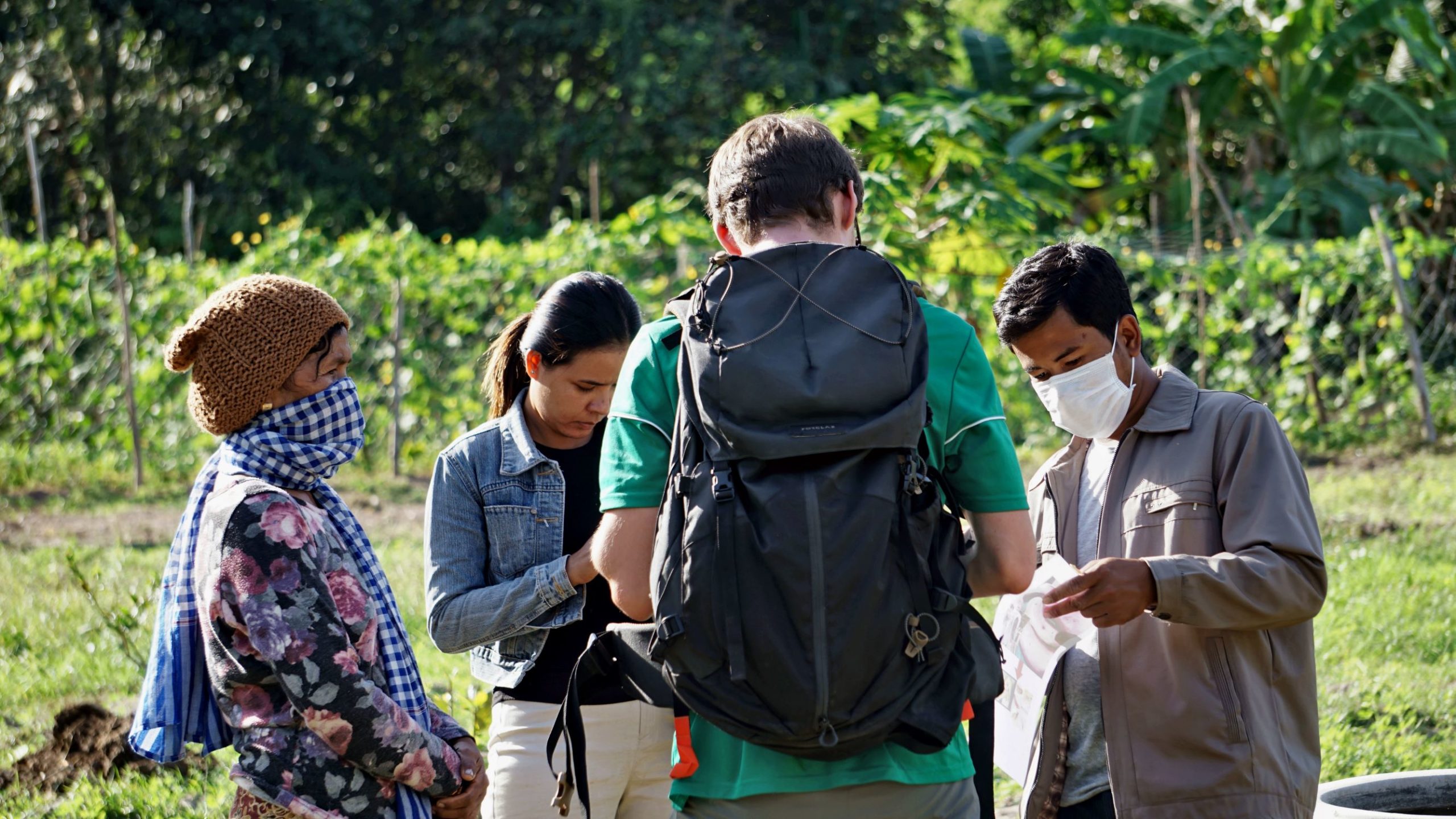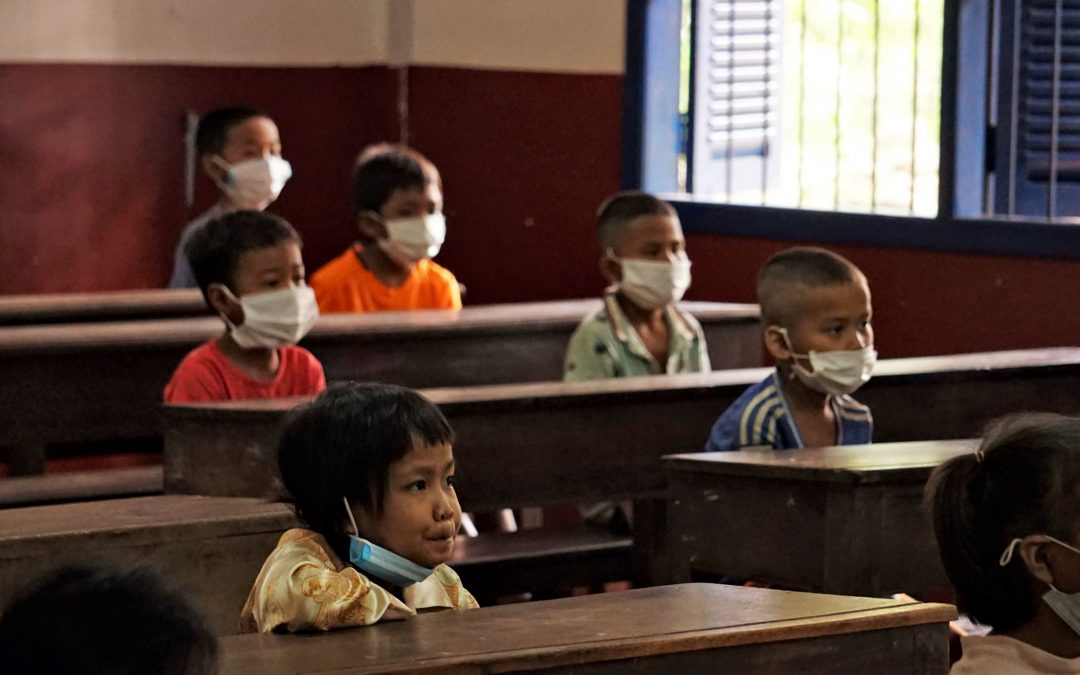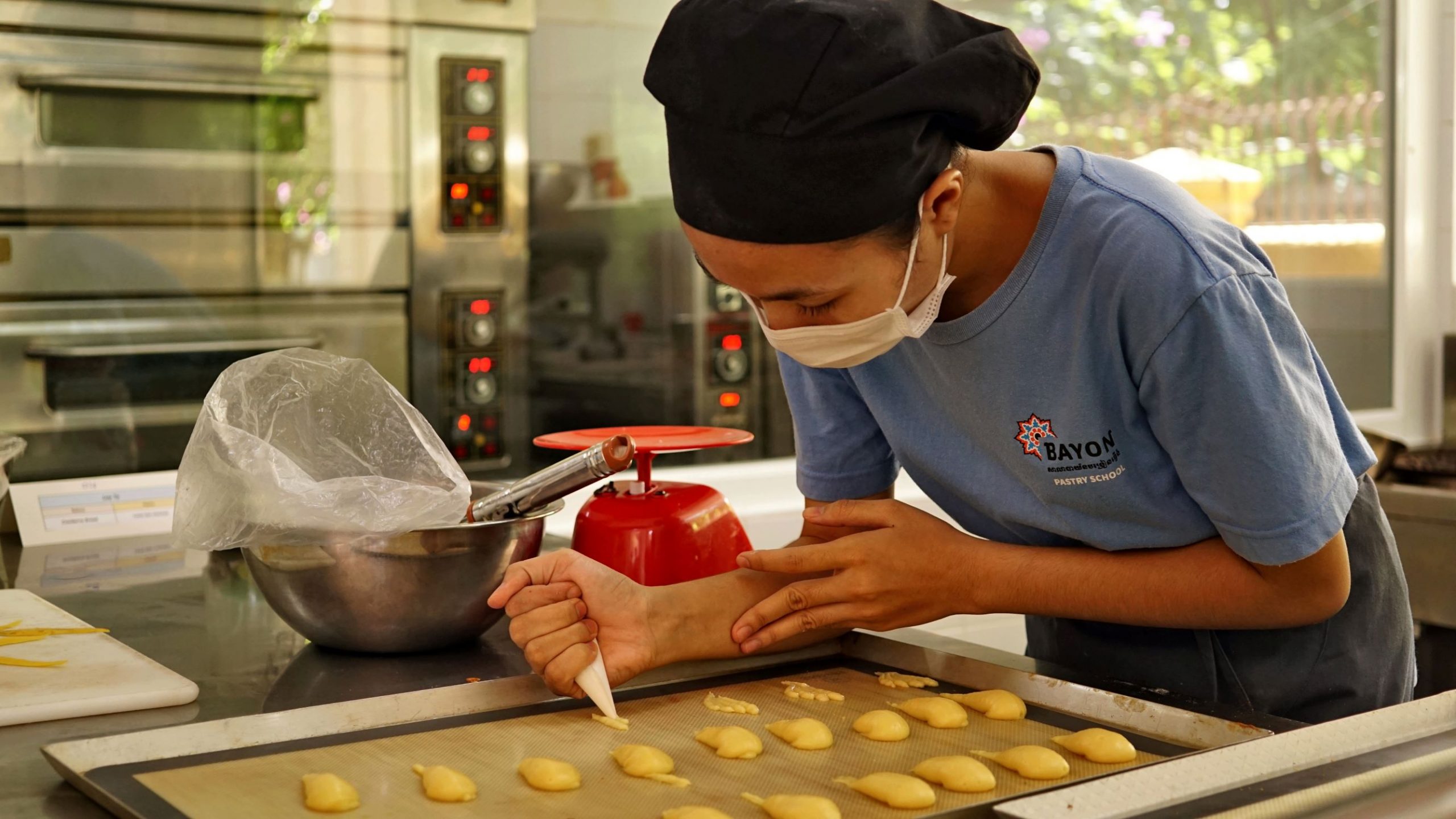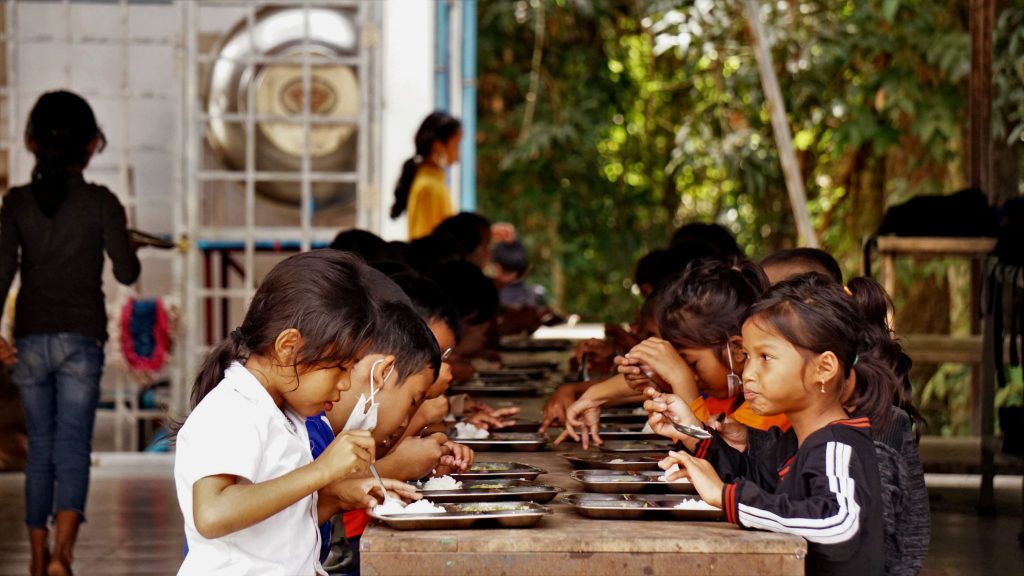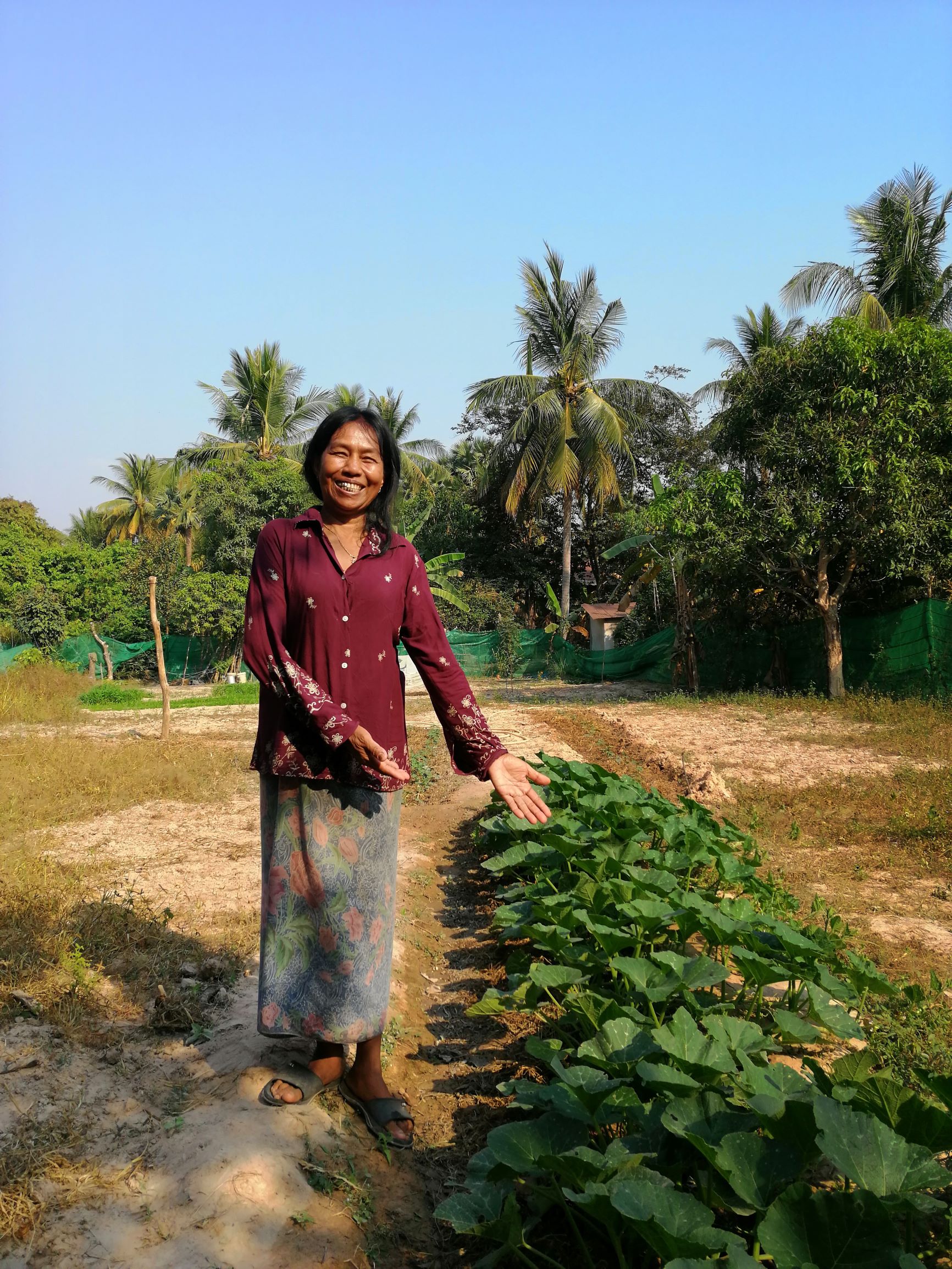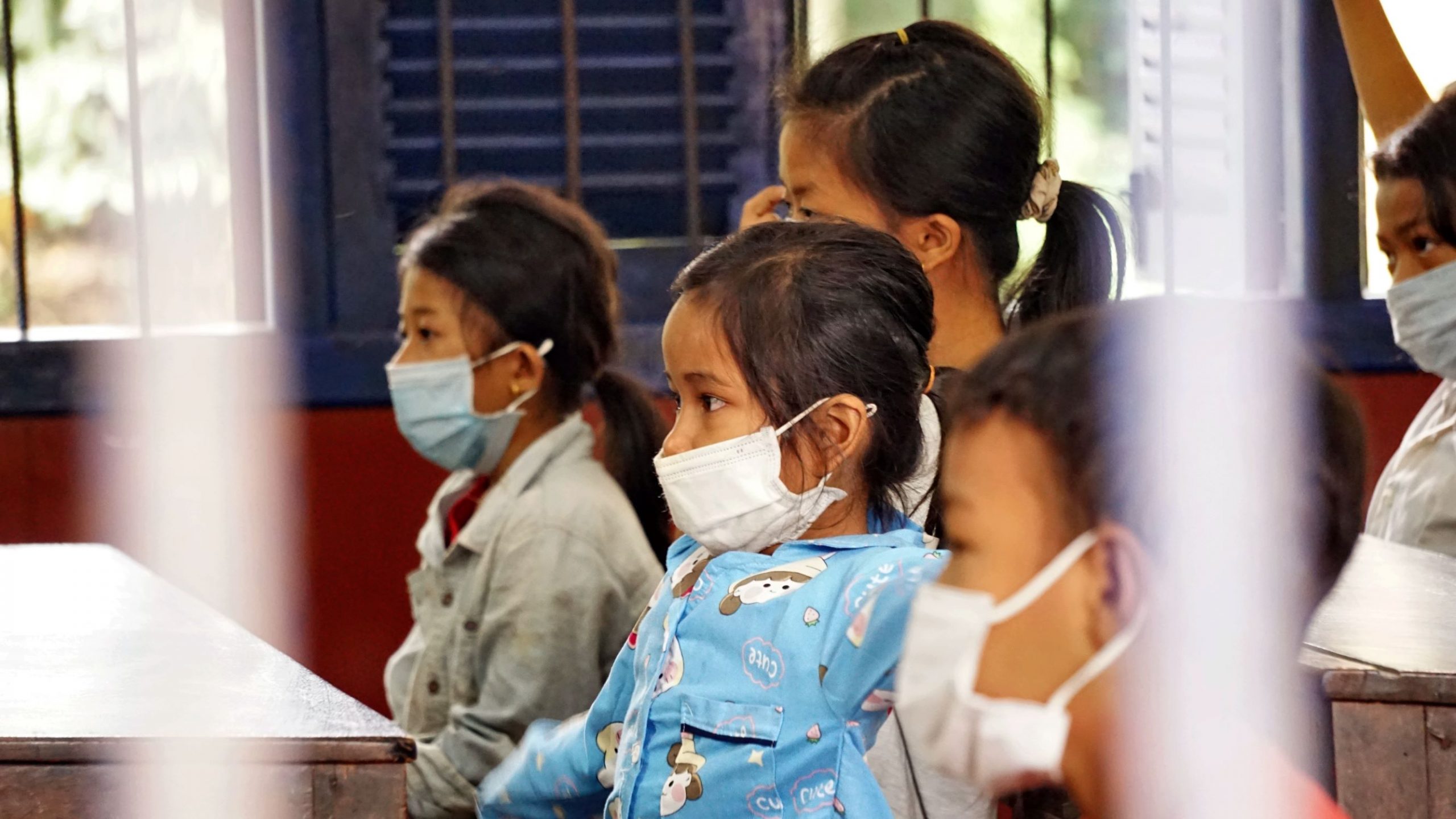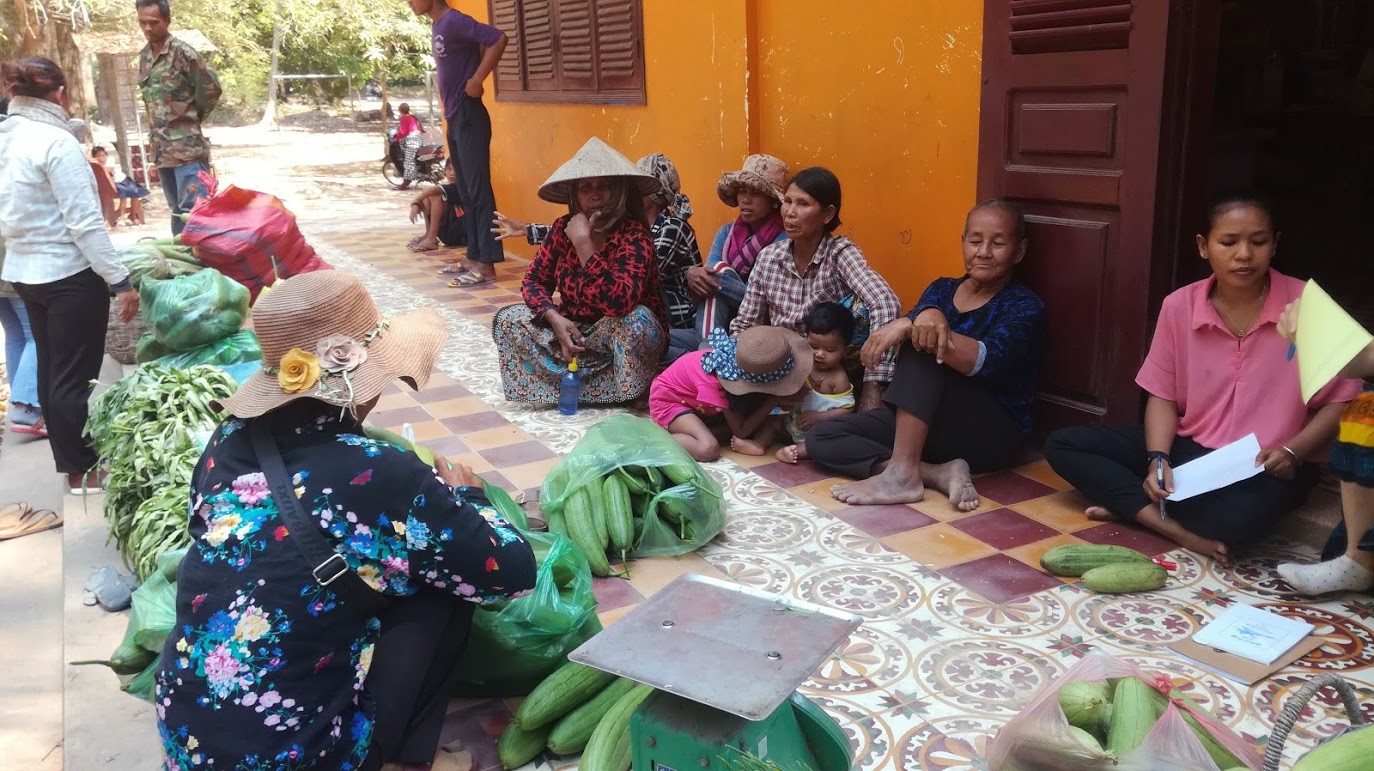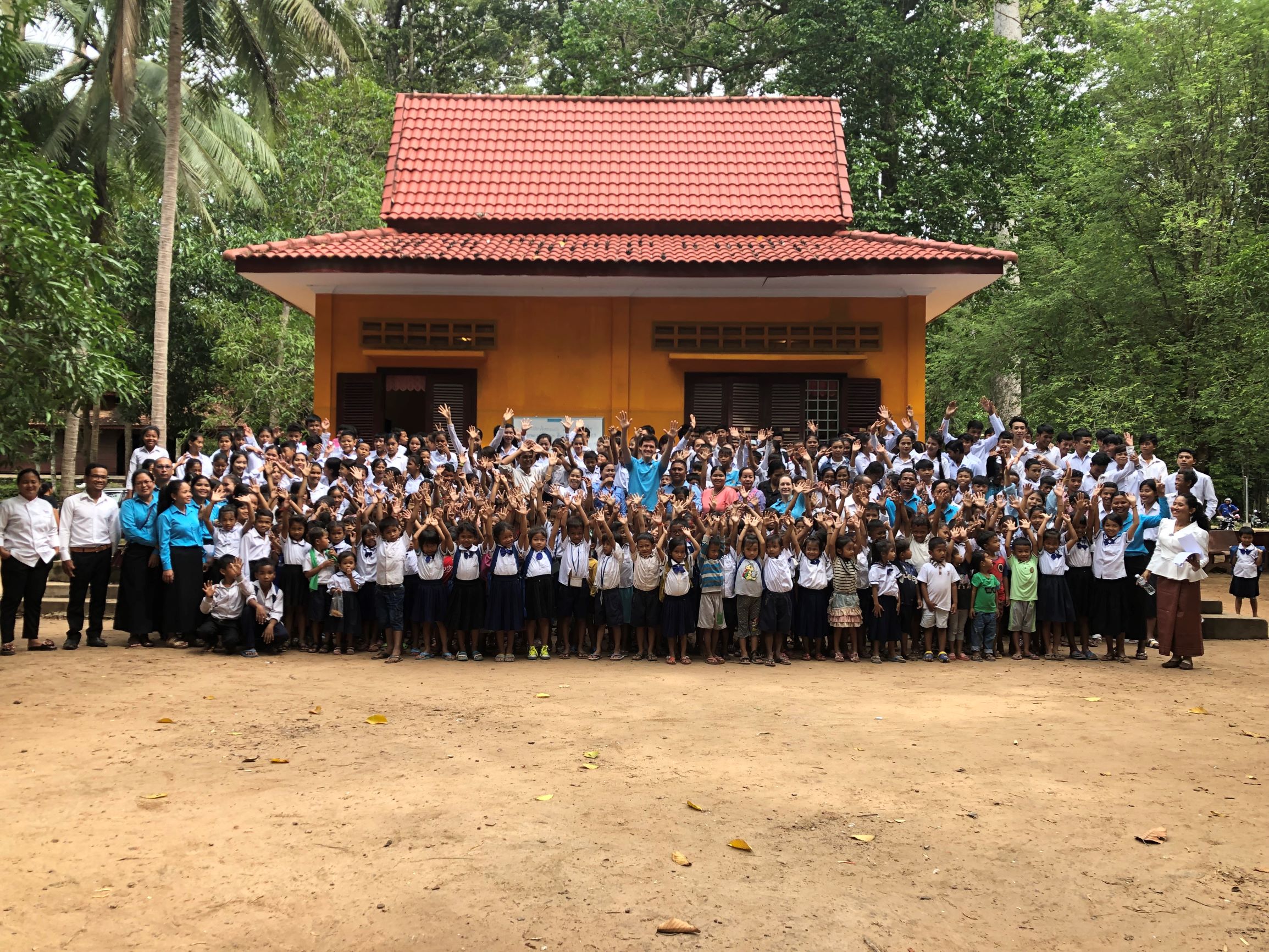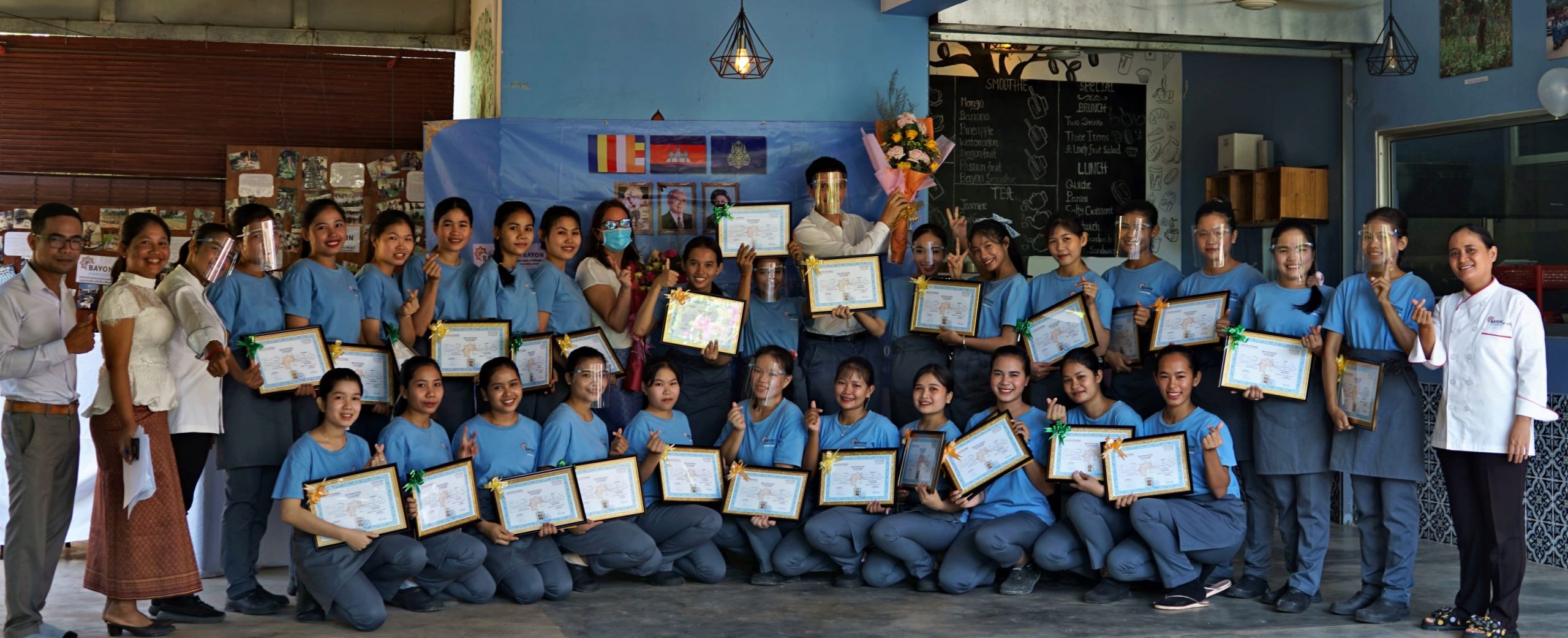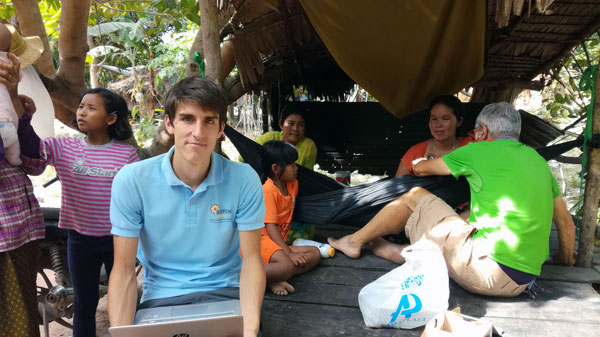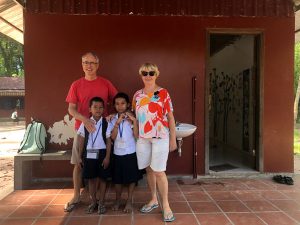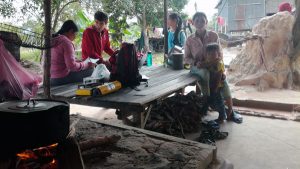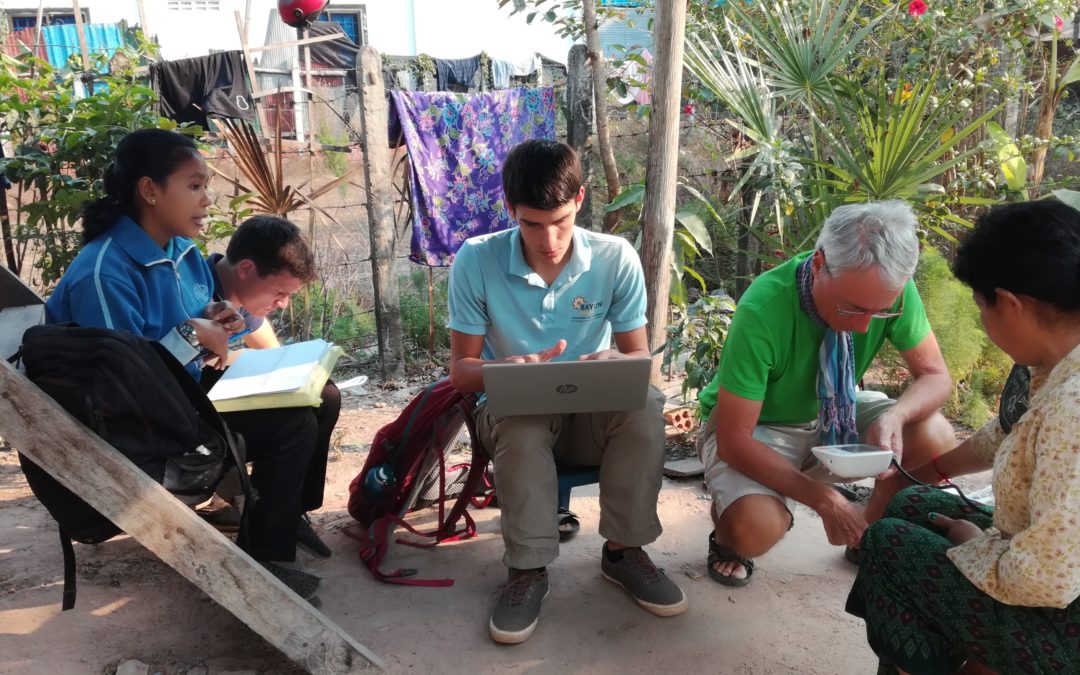
The Bayon School, from experience to learning
The floor is given to Romain, who has been in charge of the health and social project for more than a year and a half at the Bayon School, and whose adventure is ending today. He talks about his journey, his experience and what he has learned here in Cambodia.
After more than a year and a half at Bayon School, it is time for me to close this chapter and start a new one, with other projects in France.
It is with a heavy heart that I am writing these few words about my experience. And with sadness that I will leave this wonderful country! I will not see the schools open again, where the children – running, playing, shouting, laughing – are happy to be at school. Where these young women, studying for a better future, share moments of complicity, despite the language barrier. These are joyful memories, which date already from several months ago, but which I will cherish for many years to come. Then, because the Cambodians, who have suffered so terribly in the not-so-distant past and who are now facing a new crisis, have taught me so much about life, happiness, sadness… Always smiling, they overcome difficulties where many others would have already failed. Thanks to them, I look at the future with fresh eyes and a different way of thinking!
As Bayon School is an agile and reactive structure, I have been lucky to work on all the programs of the NGO. I started by carrying out a diagnosis of the health project and coordinating the sports and artistic activities at the primary school. I also worked closely with the social team, developing the new database which stores the beneficiaries’ social, health and education information. And finally, I was in charge of the cooperation project between BED and PSE Siem Reap. I have enjoyed working with all my colleagues – each one more involved than the other – who keep this beautiful story of Bayon School alive.
I am not saying that everything was easy. A new culture, and new working methods, far from the French way of thinking and from my first professional experience. I had to adapt, but what a great personal achievement. What a reward to see the realization of projects, which have been imagined, conceived and implemented side-by-side with the Cambodians.

Then came COVID-19, where everything has been disrupted. 3-year plans have been discarded, projects have been turned upside down, priorities have changed and actions have been readjusted on a daily basis. The pedagogical teams have tested and innovated in order to find all possible solutions to limit the educational delay caused by the school closures. The social and health team has worked hard to provide the necessary help to the families, with rice, vegetables with the help of the green farming team, as well as medical support… For this, we must give them a special mention. In spite of a situation that is clearly improving in France, with restrictions being lifted one by one, let’s not forget that this virus continues to cause havoc in other regions of the world, unfortunately among the poorest populations. Here in Cambodia, despite the low number of cases and deaths for the moment, the education of a generation is being sacrificed… Inequalities, already glaring, will increase. The future looks complex. More than ever, the role of Bayon School will be indispensable.
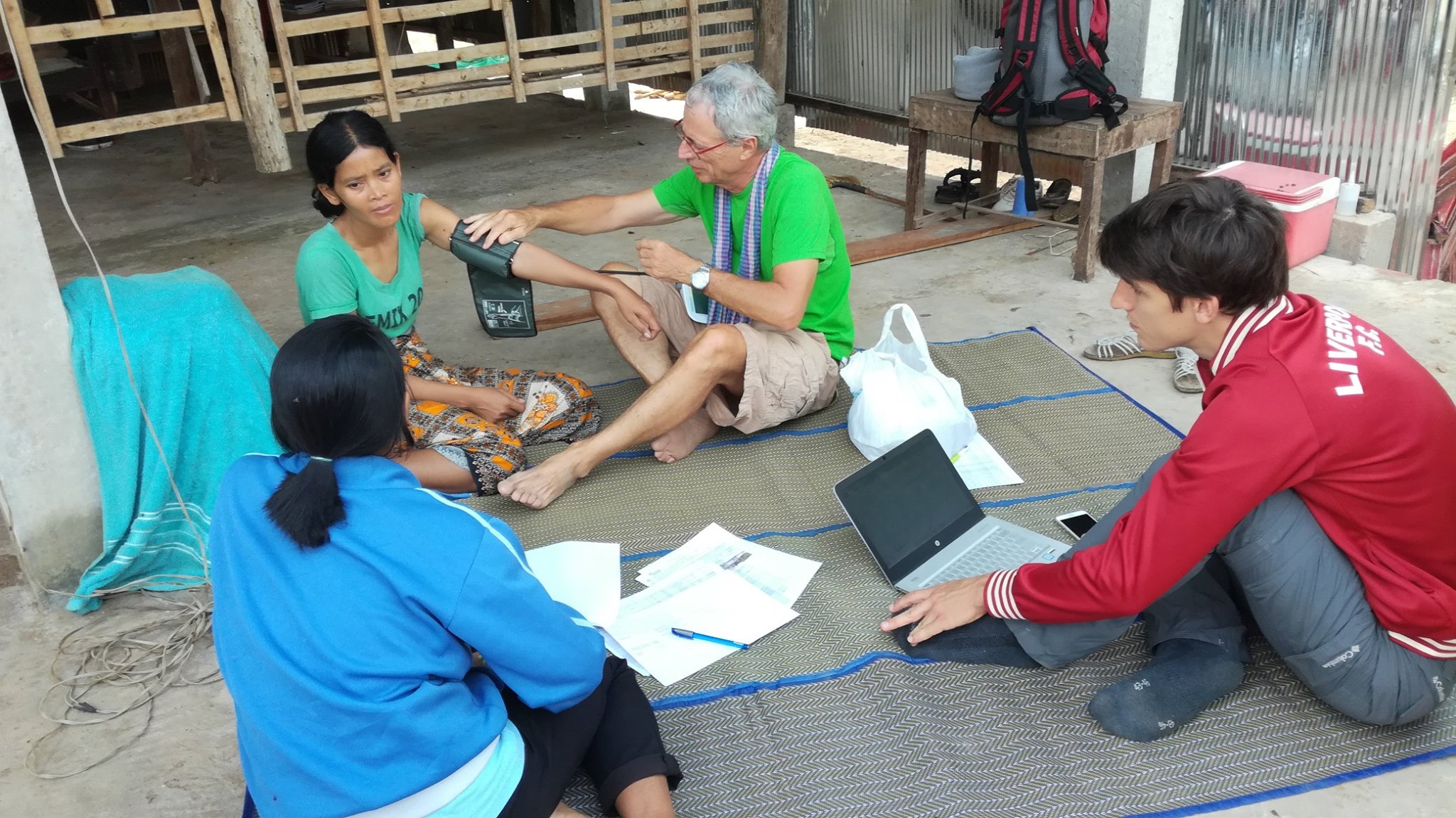
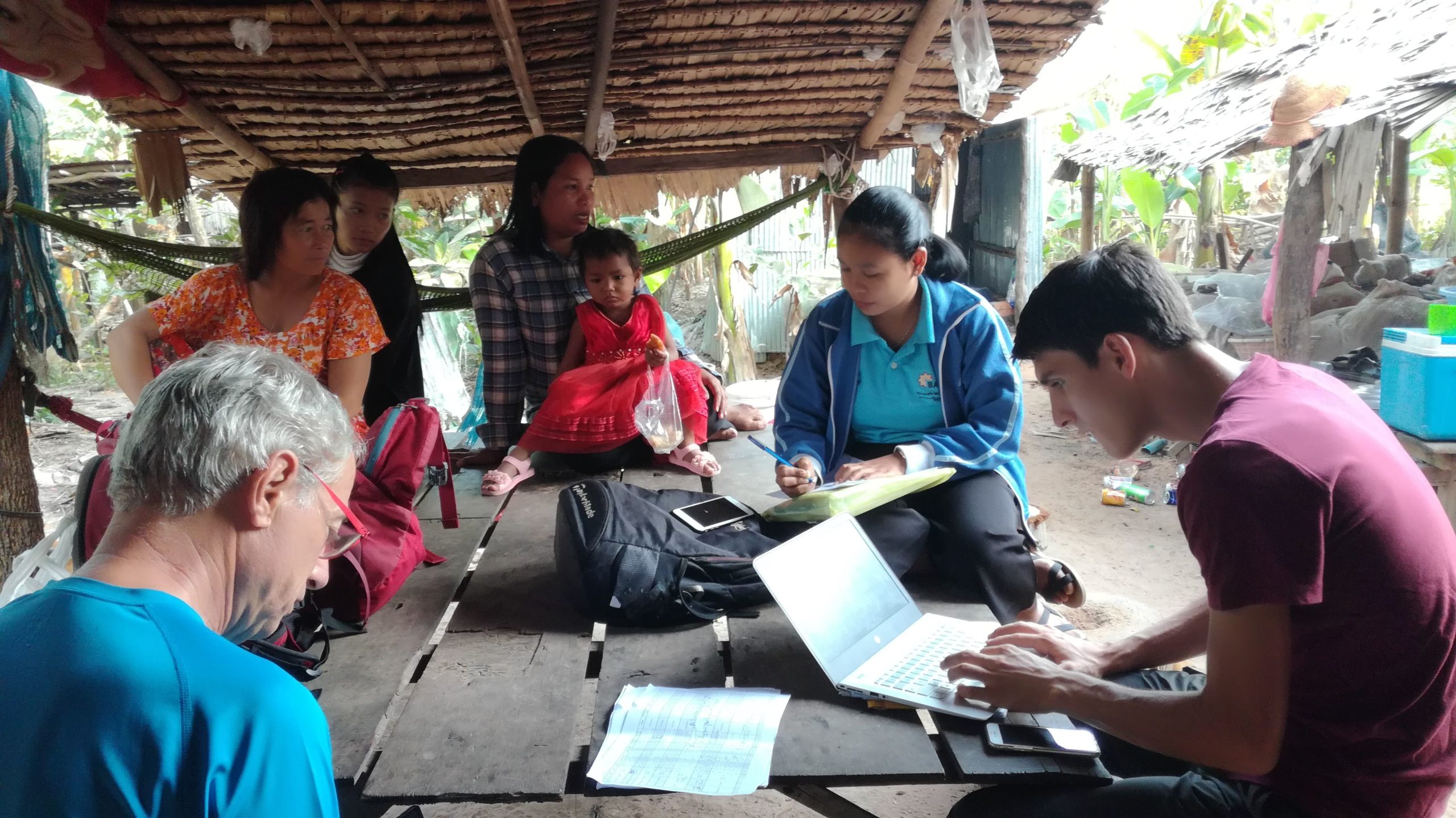
But, in every crisis, there are opportunities to seize; for Siem Reap, a new touristic model will emerge and benefit the greatest number. For Bayon School, this extremely difficult period has made our NGO more resilient, our teams more united, for the benefit of the beneficiaries.
Despite the sadness of the departure and the apprehension of my return to France, I measure the road travelled with pride. Proud to have put my skills to good use for the most underprivileged. Proud to have succeeded in integrating myself into this multicultural environment. Proud to have contributed to all these beautiful projects.
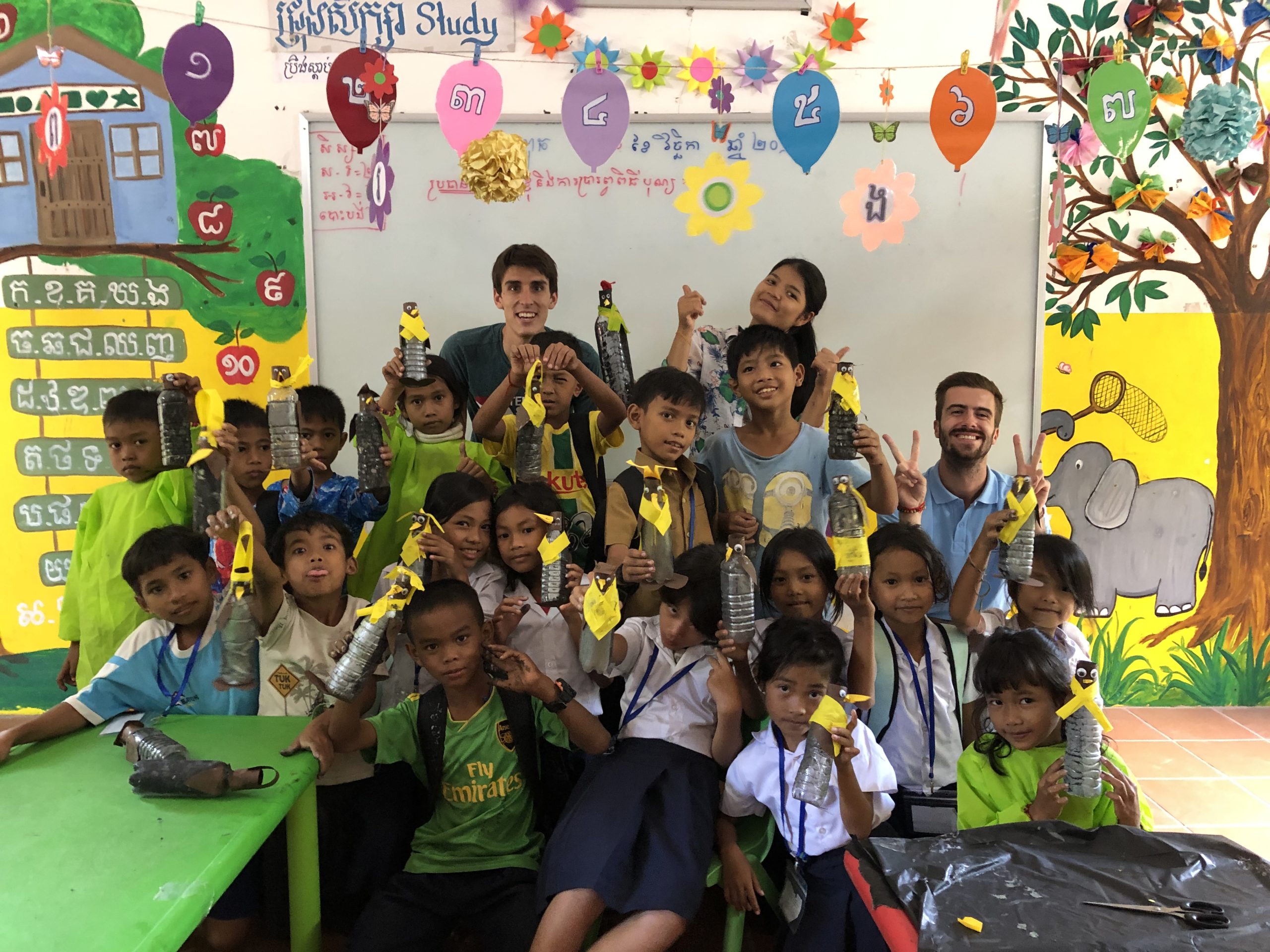
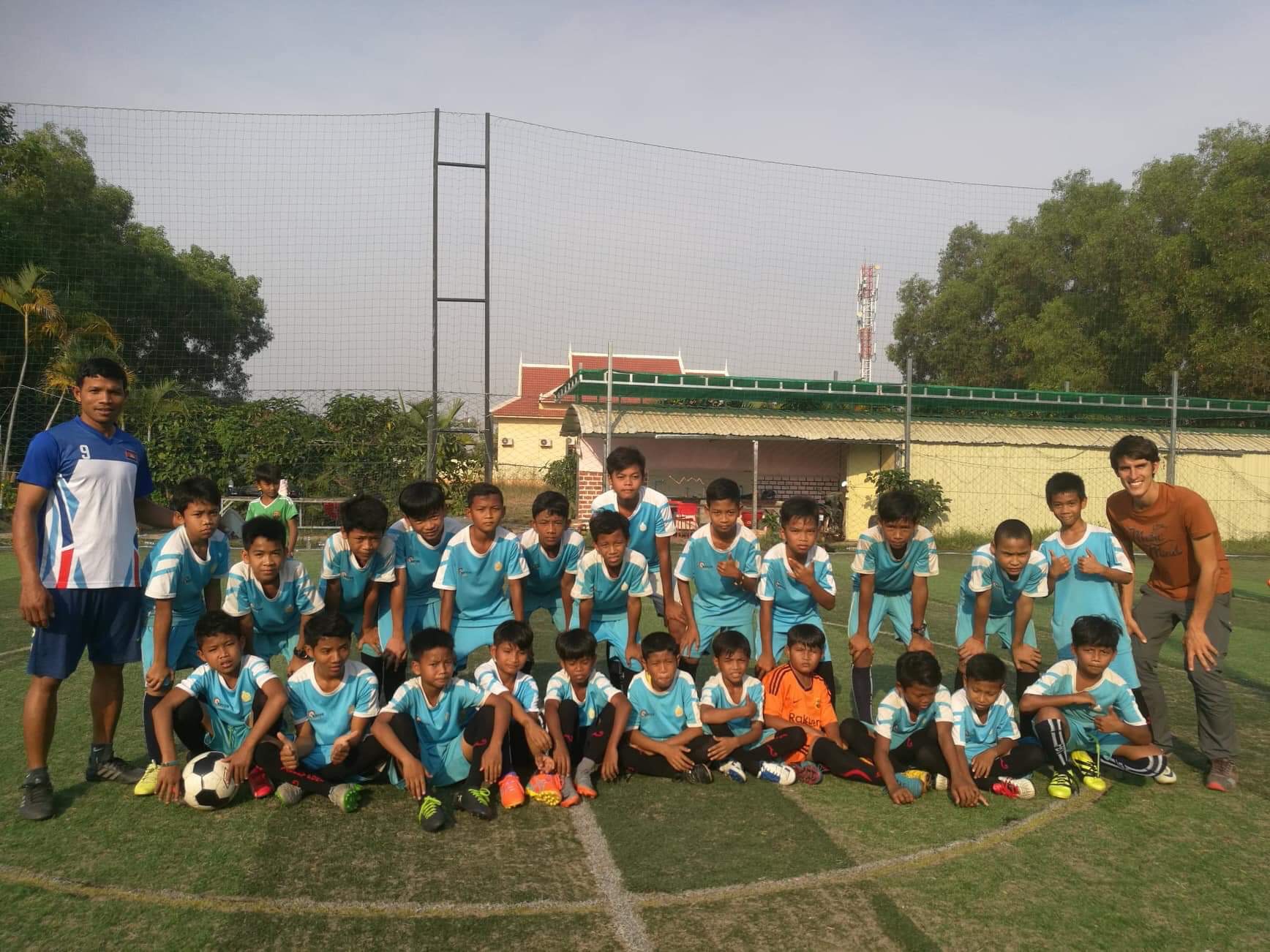
In conclusion, I wish the best to all current and future students of Bayon School, be they at the primary school or in the Follow-up program; be they in university or in vocational training. I know they will be supported to the best of their abilities by the team to help them achieve their dreams.
I would also like to thank all my colleagues, members of the Bayon family here in Cambodia, for their warm welcome and generosity. I will not forget you and I will continue to follow your many successes from afar!
